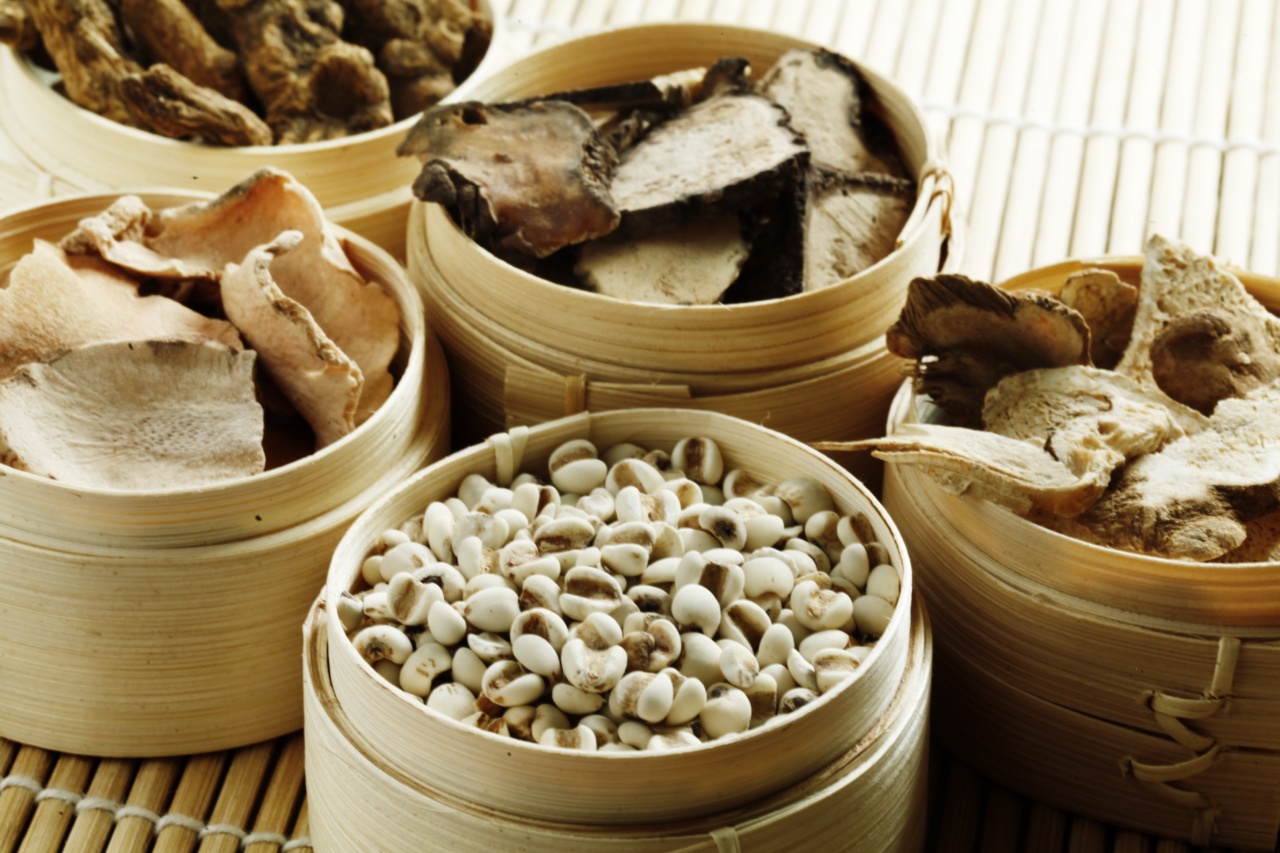Gut health is a critical aspect of overall well-being. A healthy gut plays a vital role in digestion, nutrient absorption, immune function, and even mental health.
While there are various factors that influence gut health, including diet, stress, and lifestyle choices, herbal remedies can offer significant benefits in improving and maintaining a healthy gut. In this article, we will explore ten herbal remedies that have been traditionally used for promoting gut health.
1. Ginger
Ginger, with its potent anti-inflammatory properties, has long been used as a digestive aid. It can help relieve symptoms like nausea, bloating, and indigestion.
Ginger is known to stimulate the flow of digestive juices, enhance nutrient absorption, and reduce inflammation in the gut.
2. Peppermint
Peppermint is another herb widely known for its digestive benefits. It can alleviate symptoms of irritable bowel syndrome (IBS) by relaxing the muscles of the gastrointestinal tract and reducing bloating and gas.
Drinking peppermint tea or using peppermint oil capsules can offer soothing relief to an upset stomach.
3. Chamomile
Chamomile possesses anti-inflammatory, antimicrobial, and antispasmodic properties. It can help calm an irritated gut, treat indigestion, and promote restful sleep. Drinking chamomile tea regularly can assist in maintaining gut health.
4. Turmeric
Turmeric is a powerful herb commonly used in Ayurvedic medicine. It contains an active compound called curcumin, which has potent anti-inflammatory and antioxidant properties.
Turmeric can help reduce inflammation in the gut, ease symptoms of inflammatory bowel diseases, and support overall gut health.
5. Fennel
Fennel seeds have been utilized for hundreds of years to aid digestion and relieve gastrointestinal discomfort. They contain compounds that help relax the muscles in the gut, reduce inflammation, and prevent bloating.
Chewing on fennel seeds or drinking fennel tea can provide effective relief from digestive ailments.
6. Slippery Elm
Slippery elm is a herbal remedy derived from the inner bark of the slippery elm tree. It forms a soothing gel-like substance when mixed with water and can help coat and protect the gut lining.
Slippery elm can be particularly beneficial for individuals suffering from conditions like acid reflux, gastritis, and ulcerative colitis.
7. Licorice
Licorice root has long been used in traditional medicine to support gut health. It possesses anti-inflammatory properties and can help soothe the mucous membranes of the digestive tract.
Licorice can also assist in reducing symptoms of indigestion, heartburn, and gastric ulcers.
8. Aloe Vera
Aloe vera is not only beneficial for skincare but also for gut health. It contains compounds that help reduce inflammation in the gut, improve digestion, and soothe gastrointestinal discomfort.
Consuming aloe vera juice can help promote a healthy gut and alleviate symptoms of digestive disorders.
9. Dandelion
Dandelion root has traditionally been used as a natural remedy for digestive issues. It acts as a gentle laxative, promoting regular bowel movements and aiding in detoxification.
Dandelion root tea or supplements can aid in maintaining a healthy gut and preventing constipation.
10. Marshmallow Root
Marshmallow root is an herb that contains a high mucilage content, which gives it a gel-like consistency when mixed with water. This gel can help soothe and protect the gut lining, reducing inflammation and promoting healing.
Marshmallow root is often used to relieve symptoms of conditions like leaky gut syndrome and inflammatory bowel diseases.
Conclusion
Herbal remedies offer natural and effective ways to promote and maintain gut health. Incorporating these ten herbal remedies into your routine can assist in improving digestion, reducing inflammation, and alleviating various gastrointestinal symptoms.
However, it is important to consult with a healthcare professional before introducing any new herbal remedies, especially if you have any underlying health conditions or are taking medications.































